Our Projects
Since 2008, the Groundwork Initiative has completed over 60 projects for more than 40 host organizations in 13 countries. We're currently building a knowledge base of practical solutions to help many more. Browse our project portfolio below, or learn more about the types of projects we select.
Browse through snapshots from a selection of our past projects.
See where GlobalHealth Lab has been on this map.
Focus Areas
Countries
Health Specializations
Better Data, Better Patient Tracking and Product Management
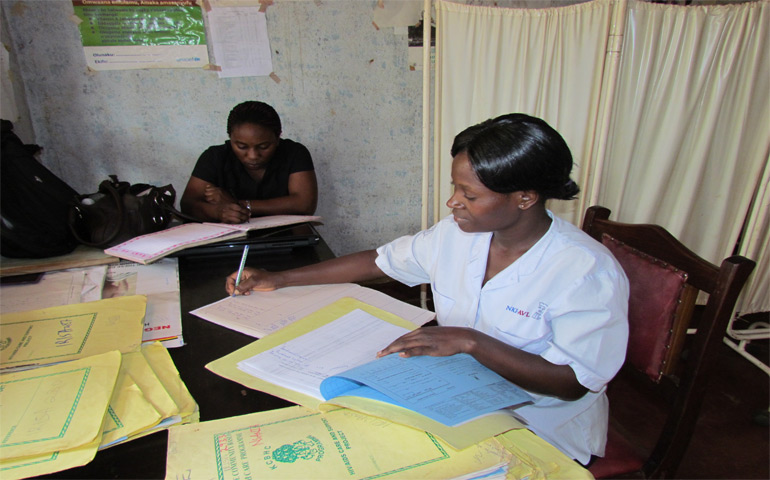
Kyetume Community Based Health Care Programme (KCBHCP) strives to improve the general health of underserved rural people in Mukono District, Uganda. Read more
Leveraging Research and Date for Thought Leadership

loveLife is South Africa’s national HIV prevention initiative for young people ages 12-24. With a network of programs that extended to 900 sites across nine provinces, the nonprofit melded behavior change with clinical services through youth-friendly programs and, in less than a decade, had become an essential part of South African life. Read more
Optimizing Materials Distribution to Reach Underserved Youth
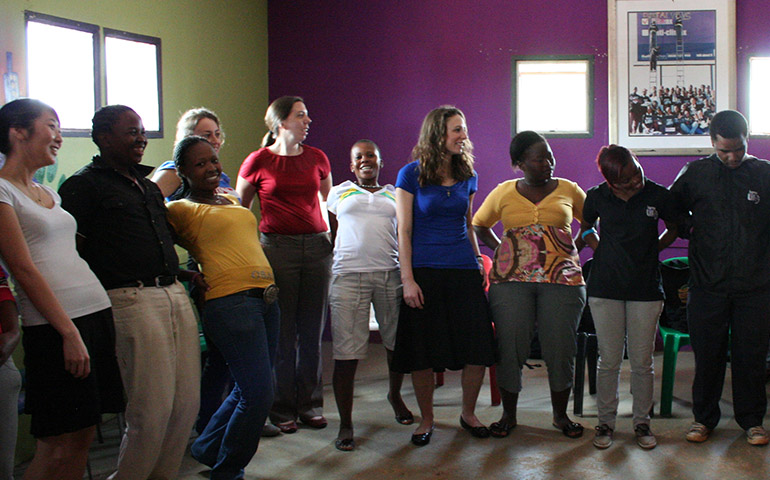
loveLife is South Africa’s national HIV prevention initiative for young people ages 12-24. With a network of programs that extended to 900 sites across nine provinces, the nonprofit melded behavior change with clinical services through youth-friendly programs and, in less than a decade, had become an essential part of South African life. Read more
An Action Plan for a Growing Rural Hospice to Maintain Quality
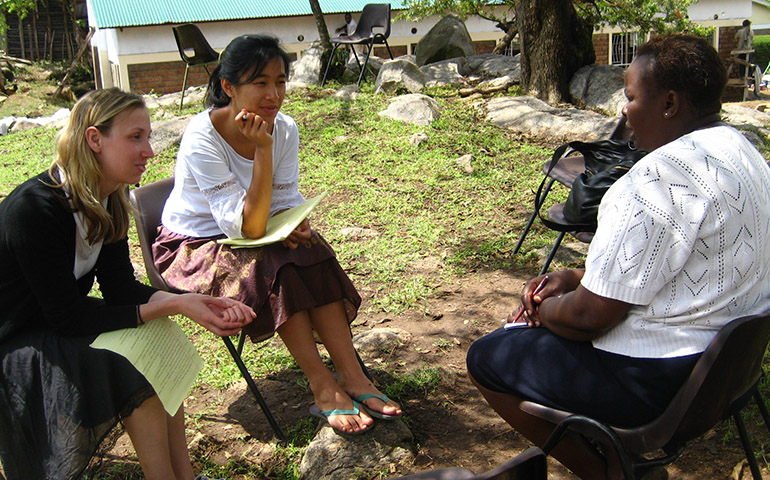
Living Room International (LRI) provides dignity and quality of life to people in Kenya affected by HIV/AIDS and other life-threatening illnesses through home-based and inpatient hospice care and education. Read more
Discovering Multiple Opportunities to Revamp a Rural Clinic
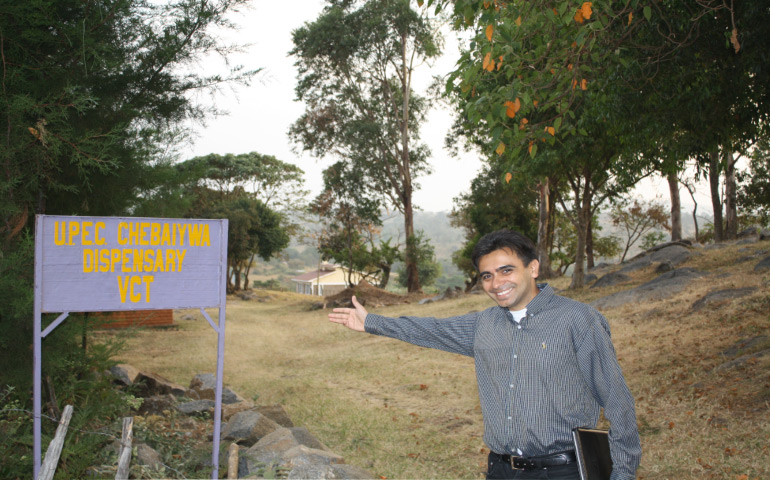
ELI-K Chebaiywa Dispensary was a small, mission-based rural health clinic in western Kenya serving underserved communities. Read more
Transitioning to Electronic Medical Records in Rural Kenya
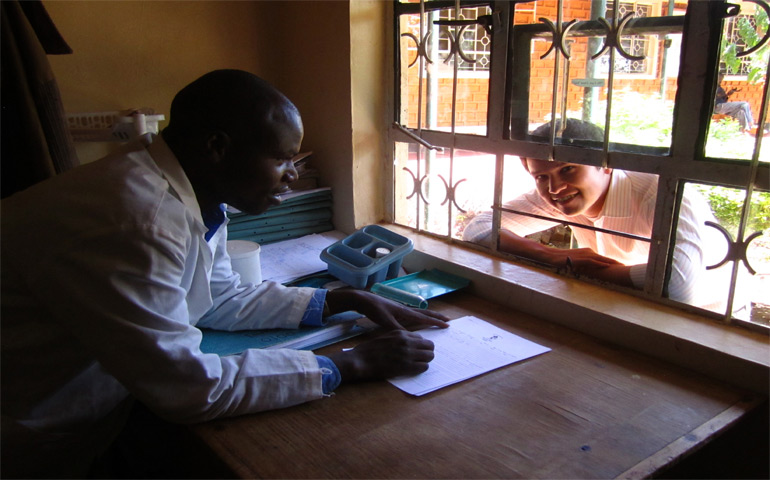
ELI-K Chebaiywa Dispensary was a small, mission-based rural health clinic in western Kenya serving underserved communities. Read more
Feasibility of a Plan for Chronic Patients to Generate Income
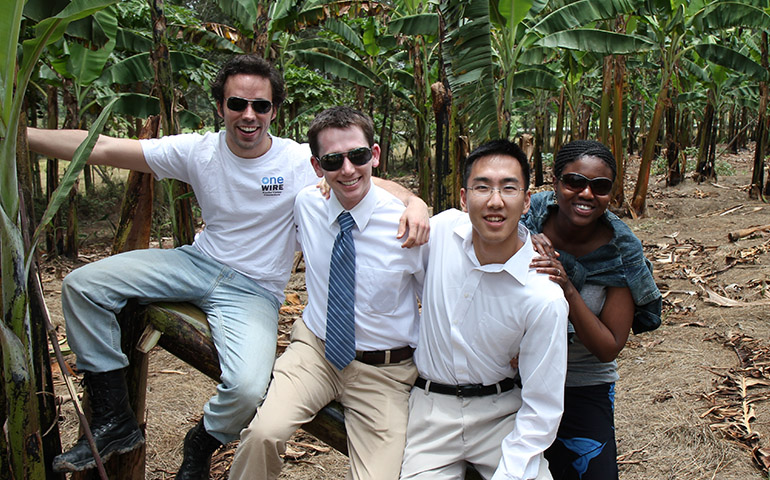
Through an innovative collaboration, the Sustainable Household Income Project (SHIP) drew on Mbarara University of Science and Technology, Massachusetts General Hospital, and Harvard University, among others, to provide support to low-income patients affiliated with the Family Treatment Fund and Immune Suppression Syndrome Clinic in the rural environs of Mbarara, Uganda. SHIP aimed to help patients adhere to treatment and stay healthy by providing practical training in small business entrepreneurship and startup materials to launch household businesses. Read more
Improving Health Outcomes through Microenterprise
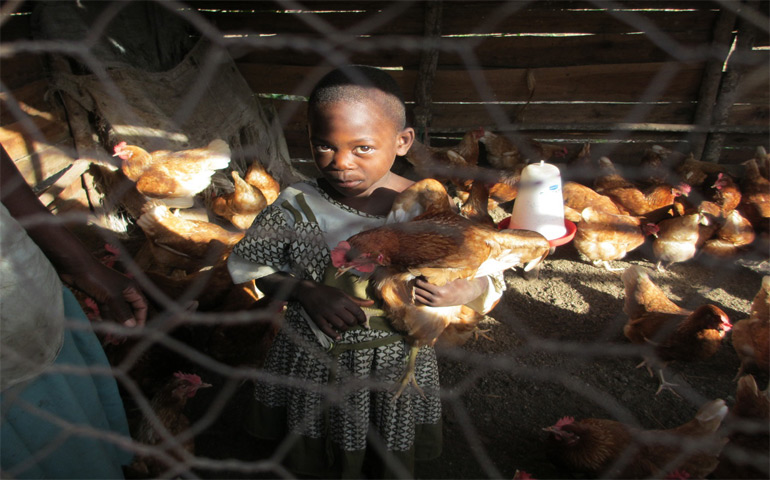
Through an innovative collaboration, the Sustainable Household Income Project (SHIP) drew on Mbarara University of Science and Technology, Massachusetts General Hospital, and Harvard University, among others, to provide support to low-income patients affiliated with the Family Treatment Fund and Immune Suppression Syndrome Clinic in the rural environs of Mbarara, Uganda. SHIP aimed to help patients adhere to treatment and stay healthy by providing practical training in small business entrepreneurship and startup materials to launch household businesses. Read more
Leveraging an Energy Business for Health in Mozambique
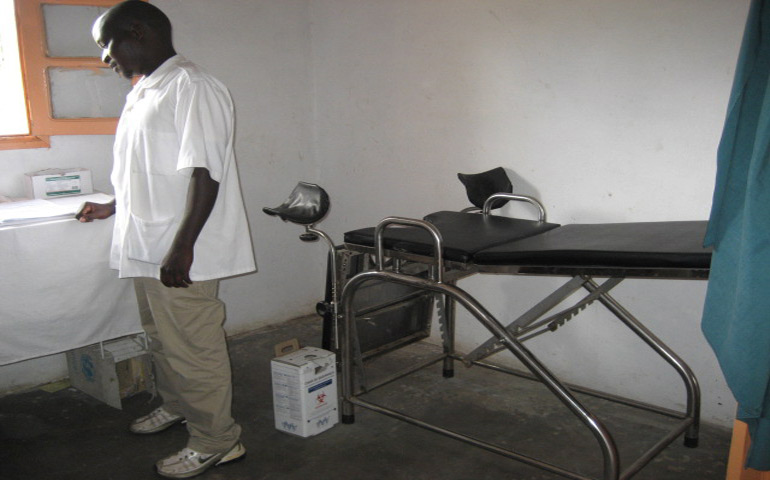
VillageReach is a non-profit dedicated to increasing healthcare access and quality for remote, underserved communities. Having seen government-run rural health clinics hampered by a lack of electricity, VillageReach founders formed VidaGas in partnership with two other investors. This for-profit business provided liquid propane gas in northern Mozambique, where few had access to such fuels, and its initial customers included rural clinics in need of a reliable source of energy to keep vaccines cold and illuminate birthing areas in the night. Read more
Reducing Wait Times in a Busy Public Clinic
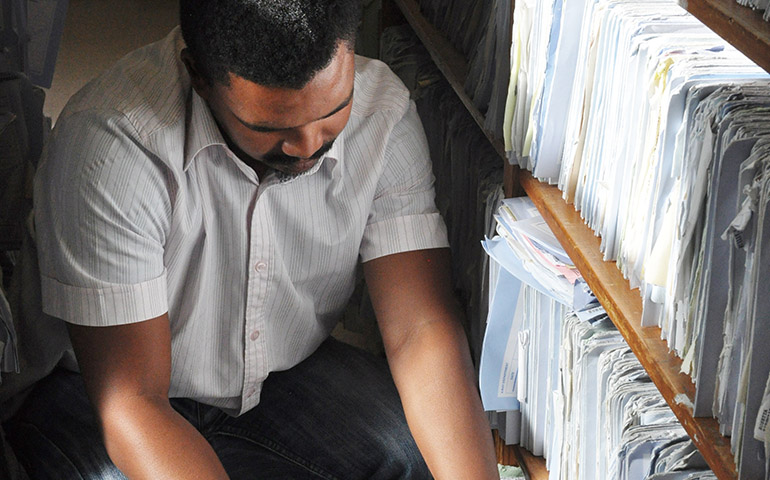
The South African Provincial Western Cape Department of Health is a government-run organization that delivers free healthcare to more than 16 million uninsured patients every year. Read more
Potential Profitability of a Townships Micro-Clinic Franchise
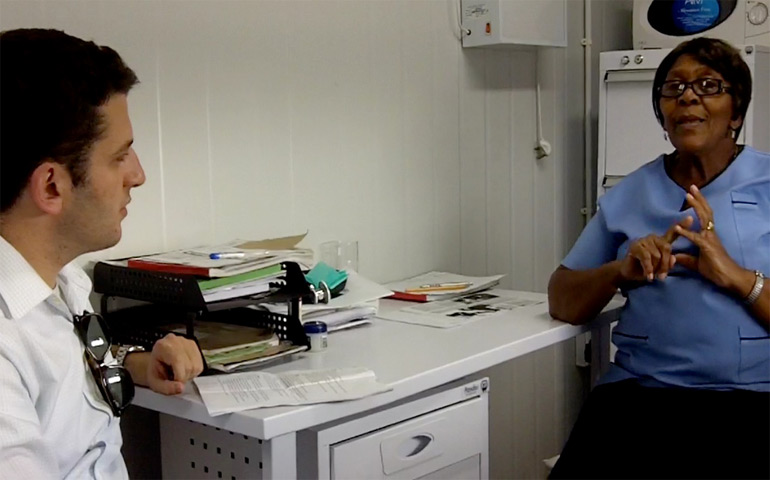
Pharmaceutical and medical supply claims were the major focus of one of the biggest divisions of RTT, South Africa’s largest privately owned distribution company (in 2013 it was acquired by Imperial Health and renamed). Unjani was a social project run by RTT's leadership that aimed to contribute to the welfare of its 7000+ employees, their families, along with the broader community, through the creation of sustainable local businesses designed to provide basic, affordable health services near RTT warehouses. Read more
Pricing and Marketing to Grow a Micro-Clinic Franchise
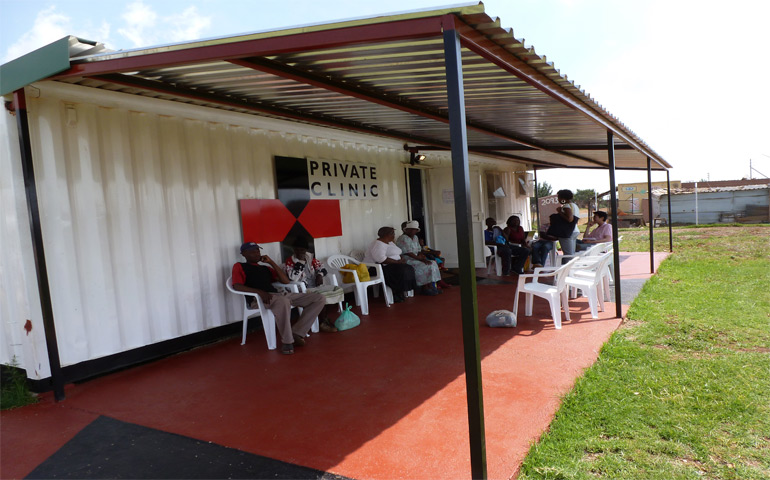
Pharmaceutical and medical supply claims were the major focus of one of the biggest divisions of RTT, South Africa’s largest privately owned distribution company (in 2013 it was acquired by Imperial Health and renamed). Unjani was a social project run by RTT's leadership that aimed to contribute to the welfare of its 7000+ employees, their families, along with the broader community, through the creation of sustainable local businesses designed to provide basic, affordable health services near RTT warehouses. Read more
Scaling Up from One Urban Clinic

Non-profit Shining Hope for Communities (SHOFCO) was founded in the densely-populated informal settlement of Kibera to tackle extreme poverty and gender inequity by providing school girls and the wider community with carefully-designed holistic health services, education, and community outreach. Read more
A Systems Vision for Efficiency in Outpatient Eye Clinics
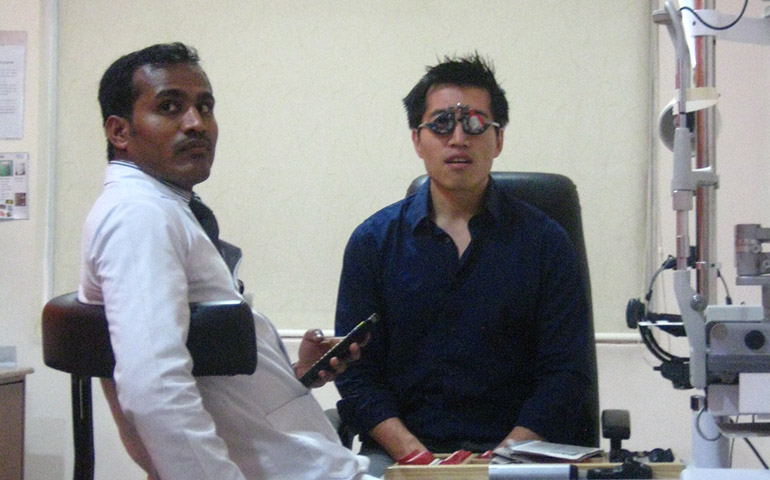
An established, diversified organization, by 2012 L.V. Prasad Eye Institute had provided comprehensive, equitable, and efficient eye health services to six million patients and operated over 100 locations in Andhra Pradesh and elsewhere in India. Read more
Empowering Hospital Outreach Workers Through mHealth
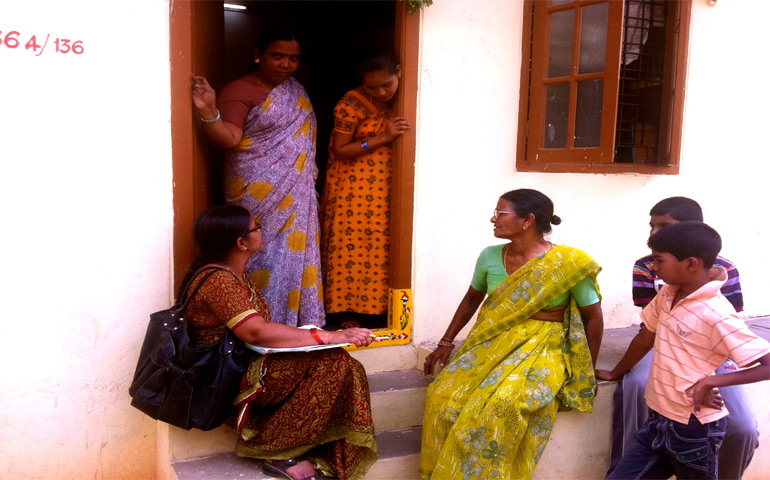
LifeSpring Hospitals is a chain of maternity facilities providing high-quality affordable health care to low-income women in India. An MIT student team returned to LifeSpring to evaluate its marketing strategy and consider using an mHealth tool in its outreach efforts. Read more
